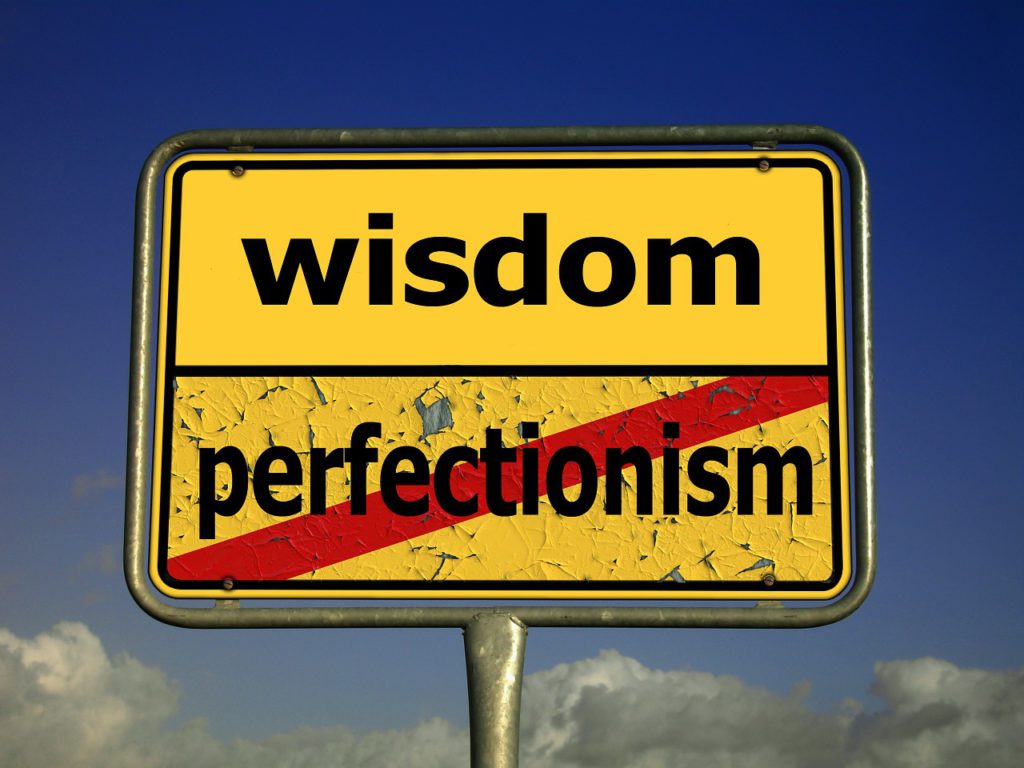Are you a perfectionist? Do you constantly strive to do.. and be the very best?
If so, your expectations could be set too high. It is not a bad thing to want everything to be perfect, in fact it can be considered an admirable trait. The trouble is being a perfectionist isn’t about things being perfect; it’s about thinking things need to be perfect and constantly pursuing it!.
You will also find that most people are not perfectionists. Therefore you may constantly find yourself being disappointed in them and by them.
You need to learn how to manage expectations. It is a delicate balance, and you have to know when you have done as much as you should. You can always do more, but you need to move on.
Another problem with perfectionism is you may miss opportunities. Suppose you decide to hold off releasing a product because you want to put more features into it. You delay the release of the product by several months, only to find that your competitors are finished releasing their versions. The product you would have released was better than your competitors. Customers would have likely bought your products over your competitors. Try explaining that one to management or shareholders!
Further, if you miss those opportunities to get your product released, you will miss building relationships with your customers. Product releases have marketing activities associated with them, including sharing experiences on social media, etc. When customers have good experiences with products, they share those experiences with friends and family. Often, this sharing occurs on social media channels, which in turn, can go viral. It’s more challenging to build up a product that is not yet released than it is to build up one that is.
There are cases where perfectionism is warranted. Show business is one example. Medical techniques and technologies are another. In most other fields, perfectionism will hold you back. It’s not necessary, and it only leads to frustration and delays.
Of course, you should never release products that have a sloppy design or are dangerous to the consumer. That is where this delicate balance comes into play. The product needs to meet safety guidelines. Your reputation is at stake, and you don’t want customers bashing your product or your brand. In this case, it may be necessary to delay the release of products until they are safe, etc.
How does being a perfectionist a sign that you don’t trust yourself? You think that nothing is ever good enough and that you have to keep striving to be better. When you trust yourself, you can reel expectations to manageable levels.
